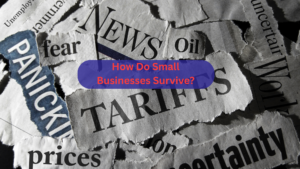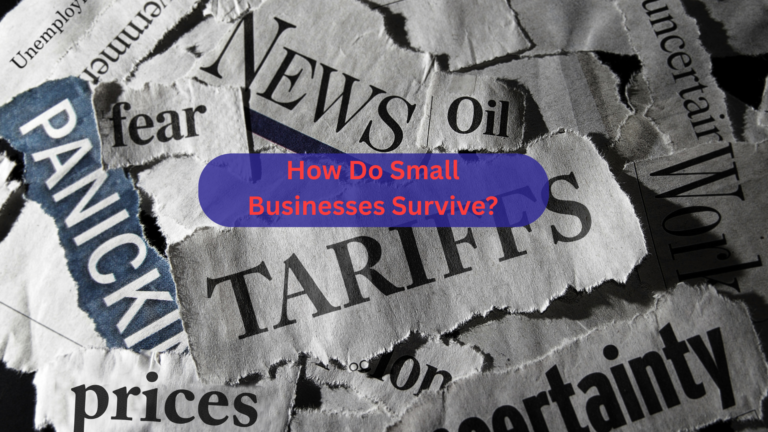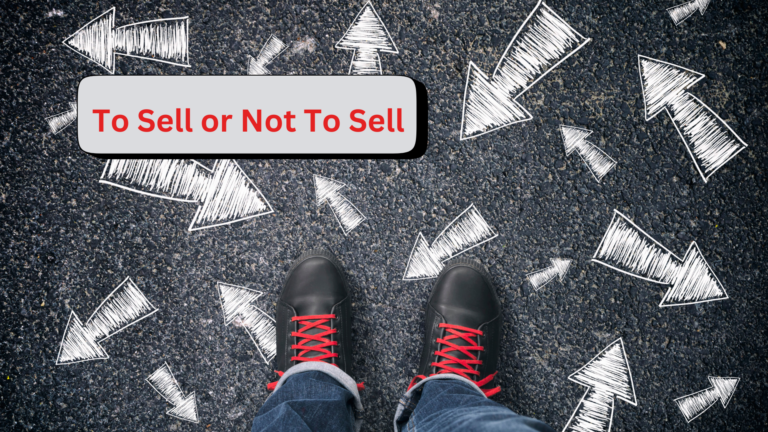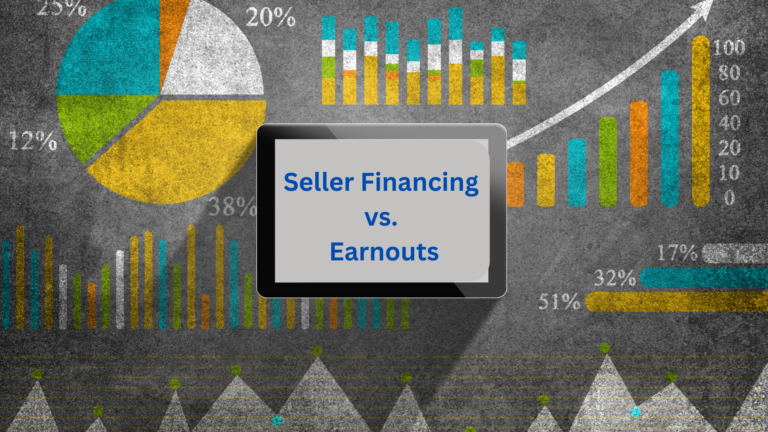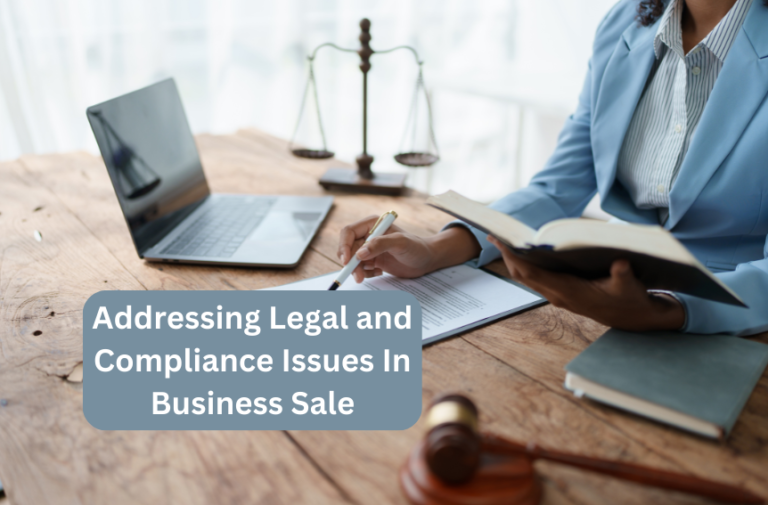Valuing your business accurately is crucial whether you’re planning to sell, attract investors, or simply want to understand its true worth. One of the most effective ways to do this is by using comparable data, or “comps.” This method involves comparing your business to similar ones that have recently been sold. Here’s a simple, step-by-step guide to help you get started with valuing your business, and why working with our team of business advisors can make the process easier and more effective:
1. Understand the Basics of Comparable Data
“Comps” involves analyzing the sale prices, cash flows, revenues and other attributes of businesses similar to yours. Think of it like how a real estate agent determines the value of a house by comparing it to similar homes that have recently sold in the same neighborhood. Our expert team can help you identify the best set of comps that closely match your business in size, industry, and financial performance—saving you time and ensuring you get a fair, accurate valuation.
2. Gather Relevant Data
The next step is gathering data on businesses that have recently sold. You can find this information through business brokers, industry reports, or online marketplaces like BizBuySell. However, sorting through and analyzing this data can be overwhelming on your own. That’s where we come in. We have access to exclusive data sources and industry insights that can help pinpoint the most relevant comps for your business. We’ll take care of the research so you don’t have to.
3. Analyze the Data
Once you have the right data, it’s time to analyze it to spot trends and patterns. Understanding the multiples used in your industry, such as Price-to-Earnings (P/E) ratios or EBITDA/SDE multiples, is key. However, analyzing this data accurately requires expertise. With our experience, we’ll not only identify the best benchmarks but also interpret the data in a way that makes sense for your business. We make sure you understand the numbers behind your valuation and what they mean for your sale.
4. Apply the Multiples to Your Business
Now it’s time to apply the identified multiples to your business’s financials to estimate its value. For example, if similar businesses sold for 3 times their annual earnings, and your business has earnings of $500,000, your estimated business value would be $1.5 million. But here’s the thing: your business is unique. Factors like growth potential, customer loyalty, and brand strength can impact its value. Our team will help you adjust for these factors and provide a valuation that reflects the true worth of your business.
5. Adjust for Unique Factors
Every business has its unique strengths, and we’ll make sure those are reflected in your valuation. Whether it’s the potential for growth, the loyalty of your customer base, or the strength of your brand, we’ll take these factors into account and adjust the valuation accordingly. Our team will guide you through these adjustments and help ensure that your business is positioned in the best light for potential buyers.
Why Choose Us?
Valuing and selling a business can be complicated, but it doesn’t have to be. While using comparable data is an excellent starting point, working with a professional business brokerage firm like ours takes the guesswork out of the process. We’ve helped thousands of sellers like you achieve successful sales, using a comprehensive, data-driven approach that takes all relevant factors into account.
By partnering with us, you get the benefit of:
- Expert Knowledge: We have in-depth knowledge of industry trends and access to exclusive data that you won’t find on your own.
- Accurate Valuation: Our team of business advisors ensures your business is valued correctly, reflecting both its financials and unique selling points.
- Full-Service Support: From valuation to marketing and negotiations, we handle all aspects of the sale, maximizing your return and minimizing your stress.
- A Trusted Partner: We work closely with you every step of the way, providing clear communication and personalized guidance to ensure you achieve the best possible outcome.
Let us put our expertise to work for you. Click here to schedule a free consultation with us, and let’s start the conversation about how we can help you value, market, and sell your business with confidence.


